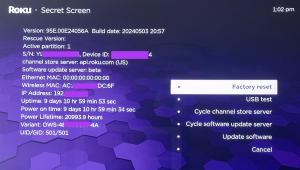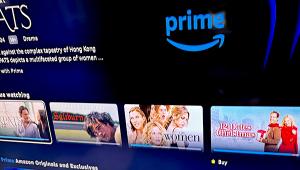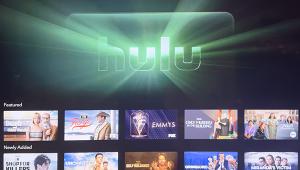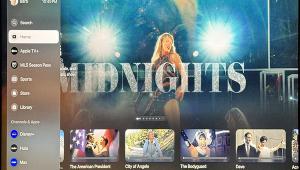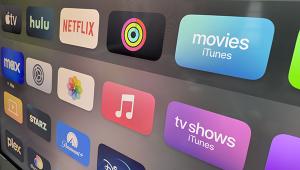"After all, no one handed you a DVD of your VHS titles, nor a Blu-ray version of your DVDs."
The problem with the studio thinking is that with the move to each new format, the consumer gained through an improved product. With DVD, I never had to rewind and, as long as my college roommates didn't use them as a coaster, the physical media was going to last for a very long time. With the move to Blu-ray, I stepped up to a vastly superior picture quality and a much higher sound quality. The move to the streaming model does not appear to have a quality increase that justify the cost. Unfortunately, I have yet to see a streaming service that competes with the picture quality of my Blu-ray disc and the sound quality is a step down as well. Paying to move to lower quality version of what I already own? No thank you.







